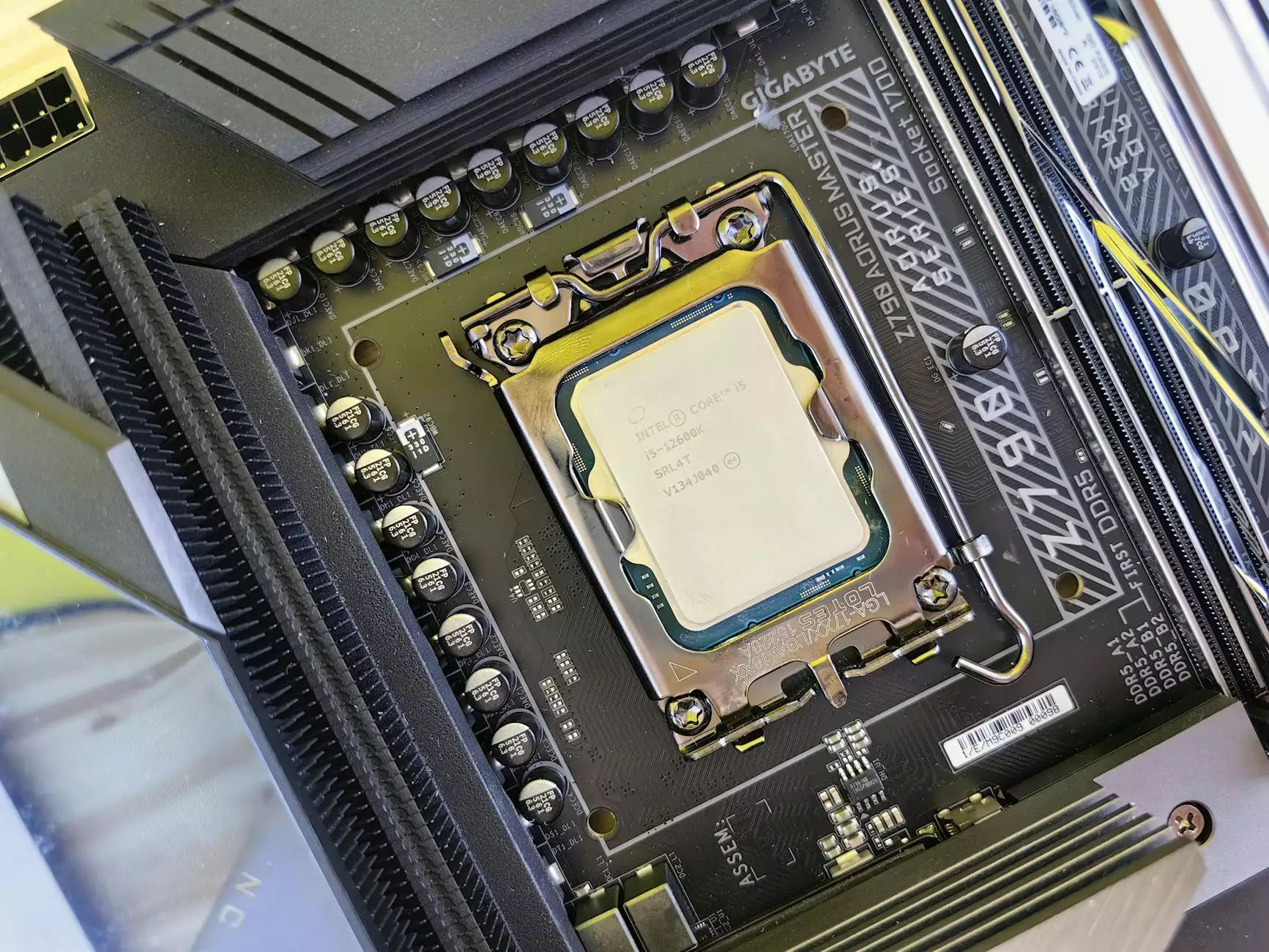Understanding Gastric Bypass: A Comprehensive Guide to Transform Your Health

Gastric Bypass surgery has emerged as a beacon of hope for many individuals battling obesity and its related health complications. As we delve deeper into this transformative medical procedure, we’ll explore its significance within the health and medical landscape, particularly focusing on procedures offered at specialized medical centers and medical spas.
What is Gastric Bypass Surgery?
Gastric bypass is a type of weight-loss surgery, also known as Roux-en-Y gastric bypass. This procedure alters the digestive system to promote significant weight loss, making it an effective solution for those struggling with severe obesity. The operation involves creating a small stomach pouch and rerouting the intestines, significantly limiting food intake and altering nutrient absorption.
How Does Gastric Bypass Work?
- Creation of a Small Pouch: The surgeon creates a small pouch at the top of the stomach that limits food intake.
- Bypassing the Small Intestine: The pouch is connected directly to the small intestine, allowing food to bypass a large part of the stomach and duodenum.
- Restrictive and Malabsorptive Effect: This dual approach reduces the stomach’s capacity while also impacting how calories and nutrients are absorbed by the body.
Who Qualifies for Gastric Bypass Surgery?
Eligibility for gastric bypass surgery varies, but generally includes:
- Individuals with a body mass index (BMI) of 40 or higher.
- Individuals with a BMI of 35 or higher, accompanied by obesity-related health conditions like diabetes, hypertension, or sleep apnea.
- People who have attempted other weight-loss methods without success.
- Individuals who are committed to following lifestyle changes post-surgery.
Benefits of Gastric Bypass Surgery
Undergoing gastric bypass surgery can significantly improve quality of life and health outcomes:
- Significant Weight Loss: Most patients lose 60-80% of their excess weight within 12-18 months.
- Improved Health Conditions: Many patients experience remission of conditions such as type 2 diabetes, hypertension, and high cholesterol.
- Enhanced Quality of Life: Beyond physical benefits, patients report improved confidence and mobility.
- Long-Term Success: Studies show that individuals who undergo gastric bypass surgery maintain their weight loss longer than those who try diet and exercise alone.
Preparing for Gastric Bypass Surgery
Proper preparation is crucial before undergoing gastric bypass surgery. Here are several steps that patients should consider:
Consultation with Medical Experts
Before surgery, a comprehensive evaluation by a qualified bariatric surgeon is imperative. This includes:
- Medical history assessment
- Physical examination
- Psychological evaluation to ensure readiness for the lifestyle changes required post-surgery
Nutritional Counseling
Patients will receive guidance on dietary changes that will be necessary before and after the procedure. This includes:
- Understanding the importance of a high-protein, low-carb diet
- Learning about the new eating patterns post-surgery
- Preparing for vitamin and mineral supplementation that may be needed
Preparing Mentally and Emotionally
Embarking on a weight-loss journey through gastric bypass can be emotionally challenging. Joining support groups or speaking with previous patients can provide valuable insights and encouragement.
The Gastric Bypass Procedure
The surgical procedure typically lasts 2 to 4 hours and is performed under general anesthesia. Here’s a brief overview of what happens:
1. Anesthesia
The patient is put under general anesthesia, ensuring a painless procedure.
2. Surgical Steps
- The surgeon makes several small incisions in the abdomen.
- A small pouch is created at the top of the stomach using staples.
- The small intestine is divided, and the bottom part is attached to the gastric pouch.
- The section of the intestine that has been bypassed is reattached further down the intestine.
3. Recovery Process
Post-operative recovery typically involves:
- Hospital stay of 1 to 3 days depending on individual recovery.
- Initial liquid diet followed by a gradual introduction of soft foods.
- Regular follow-ups with nutritional and medical teams.
Postoperative Care after Gastric Bypass
Recovery from gastric bypass surgery requires commitment and lifestyle changes:
Nutritional Changes
After surgery, dietary changes are crucial. Patients usually start with:
- Clear liquids (water, broth) for the first few days.
- Transition to pureed foods before reintroducing solid foods.
- Emphasis on high-protein foods to promote healing and weight loss.
Regular Exercise
Incorporating physical activity is essential for long-term success. Patients are often encouraged to:
- Start with light walking and gradually include more strenuous exercise.
- Engage in at least 150 minutes of moderate-intensity aerobic activity weekly.
Potential Risks and Complications
As with any major surgery, gastric bypass carries potential risks, including:
- Infections at the incision site
- Blood clots
- Nutritional deficiencies (due to malabsorption)
- Bowel obstruction
However, with proper medical advice and post-surgical care, many of these risks can be effectively managed.
Success Stories: Transformations through Gastric Bypass
Many individuals have shared their inspiring journeys post-gastric bypass surgery. Here are a few common themes:
- Improved physical activity and mobility.
- Increased self-esteem and body confidence.
- Significant health improvements, including normalization of blood sugar levels.
Frequently Asked Questions about Gastric Bypass
1. How much weight can I expect to lose?
Patients can typically lose 60-80% of their excess weight within 12-18 months.
2. Will I need to make permanent dietary changes?
Yes, adhering to a balanced diet and portion control is crucial for maintaining weight loss.
3. Can I regain weight after surgery?
Weight regain is possible, often due to lifestyle choices and not adhering to dietary recommendations.
Conclusion
Gastric bypass surgery represents a sustainable option for individuals struggling with obesity. With the right preparation, dedication, and post-operative support, patients can experience remarkable transformations leading to healthier, happier lives. If you or a loved one is considering this life-changing procedure, consult with experts at recognized medical centers such as Antalya Health for personalized advice and support on your journey to better health.









